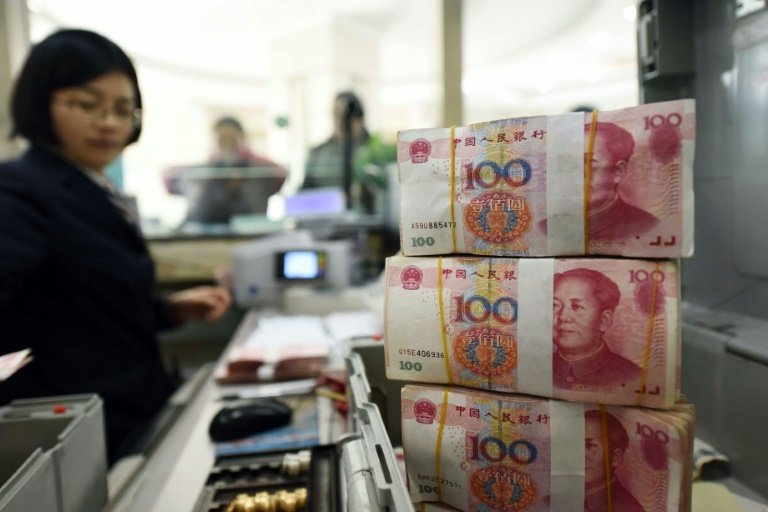- Real Sector Gets CBN’s $2.5b Forex in Four Months
Amid foreign exchange scarcity, the nation’s real sector operators were able to access about $2.53 billion at the interbank market in a period of four months.
During the period, the increased intervention helped to reduce the backlog of demand among manufacturing companies for raw materials, as well as keep some pharmaceuticals in operations.
The Central Bank of Nigeria (CBN), the lender of last resort, through its special intervention programme, ensured a three-month access to forex for the operators amounting to $1.53 billion and ended the year with a $1 billion sale on the Forwards Market.
The $1 billion on the forward market sale in December, which is the largest special auction since the inauguration of the flexible exchange rate policy in June last year, was aimed at clearing a backlog of dollar obligations in key economic sectors.
Before the intervention, banks were told to prioritise airlines, manufacturing firms, petroleum products importers and agriculture sectors, in their requests and disbursements.
Just before the $1 billion Forwards Market sale, apex bank granted access to over N1 billion ($3.3 million) through the inter-bank window to enable respective industries procure industrial raw materials and machine spare-parts.
The industrial raw material group got the highest share of N483.1 million ($1.6 million), representing 48.1 per cent.
According to the bank, the petroleum and the aviation sectors received N372.1 million ($1.2 million) and N123.7 million ($405,462), representing 37.1 per cent and 12.2 per cent respectively, while agriculture received N24.5 million ($80,381) or 2.1 per cent.
A summary of the forex utilisation for the month of October 2016, showed that about 7,792 requests for foreign exchange valued at over $867 million were given access through the inter-bank window to enable them source vital raw materials and spare parts for their respective industries.
A breakdown of the figures showed that the raw materials sector received the highest allotment of $355.7 million, representing 40.99 per cent of the total value of Forex utilisation for the month put at $867.8 million.
Also, the manufacturing and petroleum industries got access to $91.3 million and $150.8 million, respectively.
Companies and other interests in the agricultural sector got access to $13.7 million for the period, while entities in the aviation sector received $10.3 million and the finished goods and others got $43.8 million and $10.8 million, respectively.
The invisibles items, comprising school fees, students’ upkeep and medicals, among others, received $191.3 million, representing 22.05 per cent of the figure.
Acting Director, Corporate Communications Department, CBN, Isaac Okorafor, who made the disclosure, said the release of the figures underscored the transparency of the apex bank in foreign exchange management.
He pointed out that the bank is committed to its pledge to ease the foreign exchange pressure on manufacturing and agricultural sectors, particularly through forward sales under the new flexible forex regime.
In September 2016, manufacturing industries accessed over $660 million in the inter-bank market to source raw materials and spare parts for their industries.

 Billionaire Watch3 weeks ago
Billionaire Watch3 weeks ago
 Startups4 weeks ago
Startups4 weeks ago
 News4 weeks ago
News4 weeks ago
 News4 weeks ago
News4 weeks ago
 Bitcoin4 weeks ago
Bitcoin4 weeks ago
 Naira4 weeks ago
Naira4 weeks ago
 Forex3 weeks ago
Forex3 weeks ago
 Treasury Bills4 weeks ago
Treasury Bills4 weeks ago

























